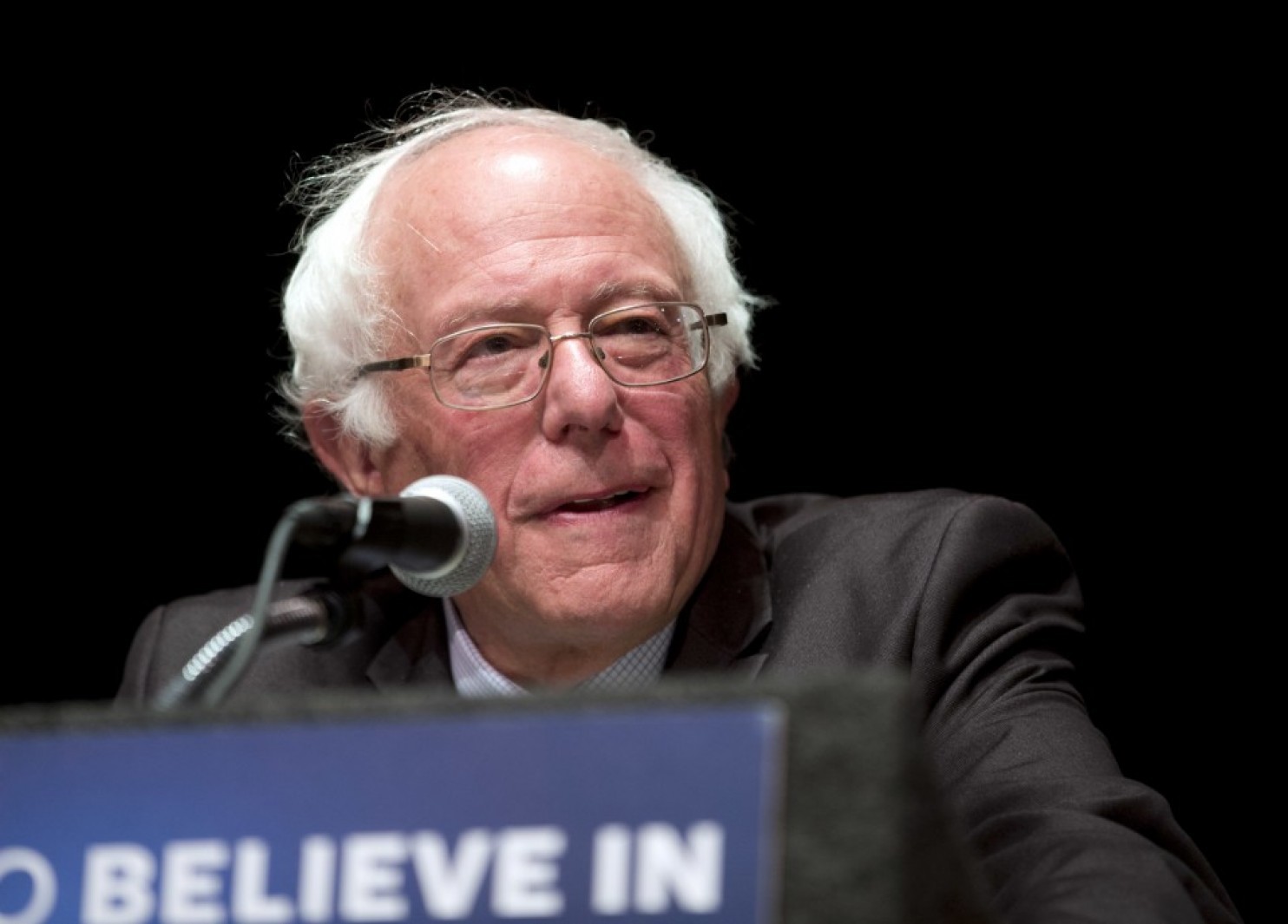
What is Bernie Sanders thinking?
That isn’t intended as snark or even as a rhetorical question. I genuinely don’t understand what Sanders thinks is going to happen if he continues to refrain from endorsing Hillary Clinton, as he did on CNN yesterday. It seems unlikely at this point that holding out in this fashion will make any real difference to the outcome of his efforts to shape the party platform at the convention.
Meanwhile, if anything, the window for Sanders’s endorsement to have made a dramatic impact in terms of media attention and rallying his supporters against Donald Trump — a goal Sanders himself has said he intends to devote himself to — may, if anything, be closing.
Over the weekend, Democrats on the convention’s Platform Drafting Committee announced a series of compromises that represent meaningful, serious concessions to Sanders. Dave Weigel has a good rundown: The draft language (which has not been released in full) includes a general commitment to the idea of a $15-per-hour minimum wage, a compromise commitment to some sort of “updated” Glass Steagall financial regulation and to breaking up too-big-to-fail institutions; and a full-throated commitment to ending the era of mass incarcerations. It also includes a multimillionaire surtax and support for the principle that universal health care should be a right.
On top of all that, the draft includes a commitment to expanding Social Security benefits. And that is not a small thing. The idea of expanding Social Security was long dismissed as a fringe proposal even among many Democrats until only recently. That it is now in the platform shows that Sanders’ campaign and economic worldview have had a real impact on party doctrine and priorities.
True, Sanders did not get everything he wanted. As Sanders said in a statement, the Platform Drafting Committee, which contains five representatives for Sanders, six for Clinton, and four for the DNC, nixed a definitive pledge to support specific legislative language on the $15 minimum wage. It also voted down a proposal to keep the Trans-Pacific Partnership from coming up for a vote in this Congress (though that’s somewhat understandable since such a vote would have bucked President Obama), as well as nixing a carbon tax and a fracking ban.
But four of Sanders’s five representatives on the committee have endorsed the outcome, as Weigel notes. Indeed, one of those representatives, Dem Rep. Keith Ellison, who is one of Sanders’s most prominent backers in Congress, has hailed the compromise for producing “significant accomplishments that move our party firmly towards justice, fairness, and inclusion.” Though Ellison agreed that the outcome was not perfect, he said: “The platform draft is the strongest progressive statement to come from the Democratic Party in years.”
Yet Sanders has not officially backed the compromise, and he is holding out for more. On CNN’s State of the Union, he praised elements of it, but said he hopes to gain still more concessions when a larger platform committee considers the draft language in Orlando in two weeks, and even if necessary on the floor of the convention in Philadelphia.
Crucially, though, as Sanders made those points, he declined to endorse Clinton, instead saying that the burden is on her to win over his supporters. And Sanders even added this: “We are trying to say to Secretary Clinton and to the Clinton campaign, make it clear which side you are on.” The implication is that all of the obviously salutary compromises reached on the platform — which Sanders’ own supporters say is the most progressive platform in a long time — don’t actually signal “which side” she is on. Until she is actually on the right side, his endorsement will have to wait.
To be clear, Sanders is right that Clinton bears some responsibility for winning over Sanders’s voters, and I don’t think there’s necessarily anything wrong with Sanders pushing for more concessions on the platform. I’ve defended Sanders’s right to do this in the past. As long as Sanders ultimately does do all he can to signal to his supporters that Clinton will move the country in the direction of his vision — albeit not as ambitiously — and to persuade them that the outcome of the primary process was legitimate, and as long as he doesn’t create discord at the convention that harms efforts to defeat Trump, it’s fine for him to try to get as much as he can along the way.
But it’s unclear at this point how much withholding that endorsement will actually do to accomplish what he wants to accomplish. Today Elizabeth Warren gave a rousing speech with Clinton in Ohio in which she attacked Trump in spirited, populist terms before a wildly cheering crowd. Warren is filling the space that Sanders might have inhabited — she is emerging as the leading progressive in the country who is making the case against Trump-onomics, and contrasting it sharply with the Democrats’ — and, yes, Hillary Clinton’s — economic vision. Meanwhile, this week’s Post poll found that only eight percent of Sanders supporters say they’ll back Trump, dramatically down from 20 percent last month — meaning that Sanders’ supporters may be rallying to Clinton even if Sanders himself isn’t. Events are moving on.
Obviously the Clinton team wants Sanders to endorse her, and if and when he does, it will come as a relief. And surely negotiations are ongoing between the highest levels of the Sanders and Clinton camps over how to manage that outcome, what more Sanders might be given for it, and what Sanders’s future role might look like. But it’s no longer clear that holding out will have that much of an influence on the shape of the platform in the end. And it may even risk diminishing the import of that endorsement once it happens.
- Publish my comments...
- 0 Comments
